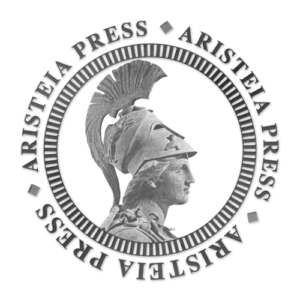Romanticism
“It all started with romanticism: with Goethe’s Faust and Schiller’s Robbers and Shelley’s Prometheus Unbound, with men demanding why they should be mere creatures.”
“Kierkegaard and Nietzsche were as much romantics as existentialists; but Jaspers, Heidegger, Sartre, Camus and the rest wrote as thinkers rather than as poets. With them, existentialism became an intellectualised romanticism.”
“Now the basic impulse behind existentialism is optimistic, very much like the impulse behind all science. Existentialism is romanticism, and romanticism is the feeling that man is not the mere creature he has always taken himself for. Romanticism began as a tremendous surge of optimism about the stature of man. Its aim – like that of science-was to raise man above the muddled feelings and impulses of his everyday humanity, and to make him a god-like observer of human existence.”
“Existentialism, like romanticism, is a philosophy of freedom. It has reached a standstill because no existential thinker can agree that there are any values outside man – that is, outside man’s ordinary, everyday consciousness. Man is free, says Sartre. But what is he to do with his freedom?”



